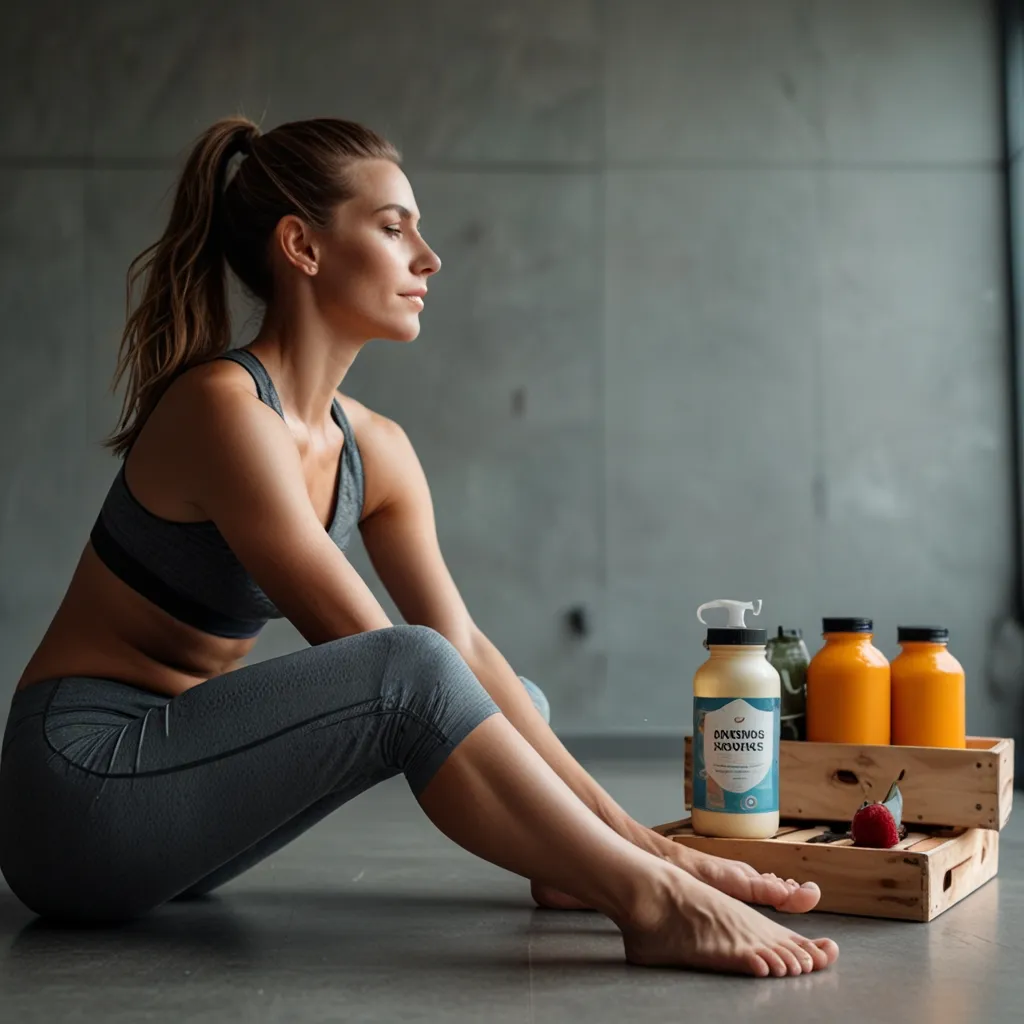Boosting lung capacity is a game-changer for overall health. Think about it – your lungs are the unsung heroes, swapping out oxygen and carbon dioxide to keep everything running smoothly. But things like getting older, smoking, pollution, and certain health problems can mess with how well your lungs work.
Luckily, there’s hope. Breathing exercises can work wonders. Take “pursed lip breathing,” for example. It’s super easy. Sit up straight, take a deep breath in through your nose, then pucker up like you’re blowing out a candle and breathe out slowly through your lips. This helps keep your airways open longer, making it easier to breathe. You don’t even need to be an athlete to do it. It’s that simple!
Then there’s belly breathing, or as some call it, diaphragmatic breathing. It’s all about giving your diaphragm a workout. Place a hand on your belly and the other on your chest. Breathe in slowly through your nose, letting your belly rise while keeping your chest still. Then breathe out slowly through your mouth, pressing your belly inward. This one’s especially good for folks dealing with COPD or asthma.
Don’t sleep on aerobic exercise either. Running, swimming, or even a brisk walk can do wonders for your lungs. These activities ramp up oxygen demand, strengthening the muscles involved in breathing. Over time, you’ll find your breath becomes deeper and stronger. Plus, regular aerobic workouts help your body use oxygen more efficiently, making each breath count.
And honestly, quitting smoking is a big deal for your lungs. Smoking wrecks lung tissue and hampers lung function. When you ditch the cigarettes, your lungs get a chance to heal. The inflammation goes down, airways clear up, and it gets easier to breathe. Many ex-smokers notice big improvements in lung function and overall health.
Don’t forget about indoor air quality. Use air filters, cut down on artificial fragrances, and watch out for mold and dust. These steps can help you avoid respiratory problems. Keeping up with vaccines, like for the flu or pneumonia, also protects lung health.
A balanced diet and staying hydrated play a role too. Load up on fruits, veggies, and whole grains to give your lungs the nutrients they need to function well. Drinking plenty of water keeps your airways moist, helping to clear out mucus.
All in all, better lung capacity is within reach through a mix of breathing exercises, aerobic activity, quitting smoking, improving air quality, and leading a healthy lifestyle. These straightforward tips can help ensure your lungs are in top shape, keeping you healthy and active.






